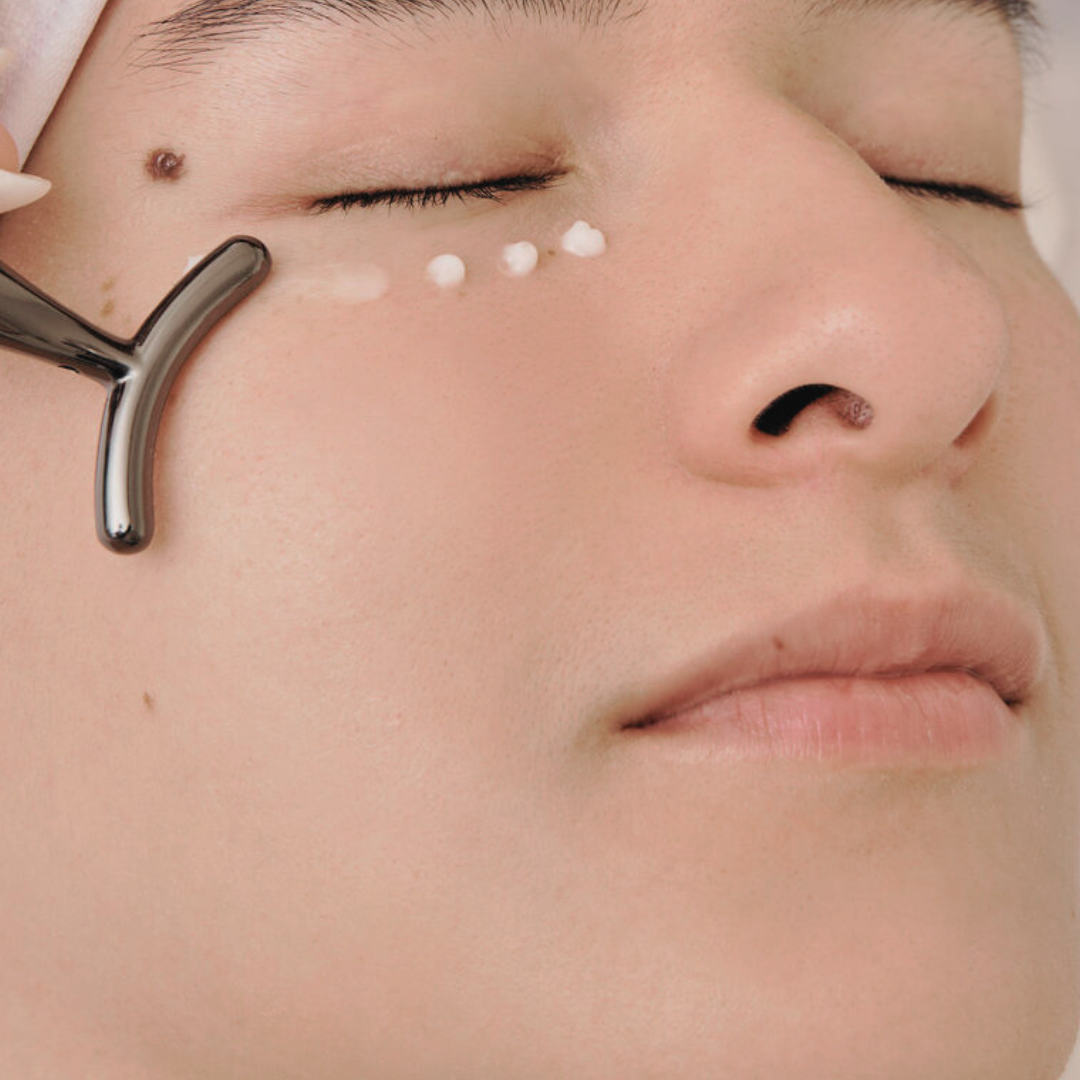Our skin is more than just a surface; it's a shield, a protector, and a vital part of our overall health. At the forefront of this defense mechanism lies the skin barrier, a complex network of lipids, proteins, and cells that work tirelessly to keep your skin hydrated, protected, and healthy. It is incredibly important for estheticians to understand its importance, how it functions, and what we can do to help keeps our client's skin happy + healthy.
What is the Skin Barrier?
The skin barrier, also known as the stratum corneum, is the outermost layer of the epidermis, the top layer of our skin. It acts as a protective barrier against environmental aggressors such as pollutants, pathogens, and UV radiation, while also preventing water loss and maintaining hydration levels within the skin.
The skin barrier consists of several key components, each playing a crucial role in its function:
- Lipids: Lipids, including ceramides, cholesterol, and fatty acids, form a protective barrier that helps prevent water loss and maintains skin hydration.
- Proteins: Proteins such as filaggrin and involucrin provide structural support to the skin barrier, helping to maintain its integrity and strength.
- Natural Moisturizing Factors (NMFs): NMFs, such as amino acids and urea, attract and retain water in the skin, keeping it hydrated and supple.
- Corneocytes: These are dead skin cells that are tightly packed together, forming a barrier that shields the underlying layers of the skin. I think this is very important to mention because far too often we see estheticians performing routine chemical peels on skin that is already compromised which creates further issues.
A healthy skin barrier is essential for maintaining overall skin health and function, and here's why:
- Protection: The skin barrier acts as a shield against environmental stressors, including pollutants, bacteria, and UV radiation, helping to prevent damage and inflammation.
- Hydration: By preventing water loss and retaining moisture within the skin, the barrier helps keep the skin hydrated, soft, and smooth.
- Defense Against Irritants: A strong skin barrier helps protect against irritants and allergens, reducing the risk of skin conditions such as eczema and dermatitis.
- Barrier Repair: The skin barrier has the remarkable ability to repair itself when damaged, thanks to its dynamic cellular turnover process. To assist in this function we love the Corthe Rich M cream which creates a monolayer of protection, while replenishing ceramides in the skin.
Several factors can compromise the integrity of the skin barrier, leading to dryness, sensitivity, and other issues. These include:
- Harsh Cleansers: Using overly harsh or stripping cleansers can disrupt the lipid barrier, leading to dryness and irritation.
- Environmental Stressors: Exposure to harsh weather conditions, pollution, and UV radiation can weaken the skin barrier over time.
- Age: As we age, the production of key components of the skin barrier, such as ceramides and collagen, decreases, leading to a weakened barrier and increased moisture loss. Hormones are also a big factor in changing skin.
- Genetics: Some individuals may have a genetic predisposition to having a weaker skin barrier, making them more prone to conditions such as eczema and sensitized skin.
Fortunately for us estheticians, there are steps we can take to help support and strengthen our client's skin barrier:
- Gentle Cleansing: Use mild, gentle cleansers that effectively cleanse the skin without stripping away its natural oils. We love Corthe Cleansing Milk, KrX Cica Recovery Cleanser and KrX Glow Cleanser.
- Moisturize Regularly: Apply a rich, hydrating moisturizer to replenish moisture and support the skin barrier's lipid barrier. Think Corthe Rich M Cream with an underlying layer of Cica Dermo Sensitive Cica Ampoule
- Use Sun Protection: Shield the skin from UV damage by wearing sunscreen daily. Check out our favorite Korean sunscreens!
- Avoid Over-Exfoliation: Limit the use of harsh exfoliants, which can disrupt the skin barrier and cause irritation. Use chemical peels sparingly, and save them for treating skin concerns such as acne, melasma, etc. By the way, we have the best chemical peels on the market. A high pH making them ultra gentle on the skin, but incredibly effective!
- Incorporate Barrier-Repairing Ingredients: Look for skincare products containing ceramides, fatty acids, and NMFs to help repair and strengthen the skin barrier. You already know it, Corthe Rich M Cream is an esthi-favorite, because it not only provides protection, it also delivers ceramides into the skin, and also encourages the skin to create more ceramides!
Remember, our skin barrier is our body's first line of defense against the outside world, and nurturing its health is essential for maintaining overall skin health and vitality. This is a key principle of Korean skincare. By understanding its importance and taking steps to support its function, we can help keep skin hydrated, protected, and radiant for years to come.



